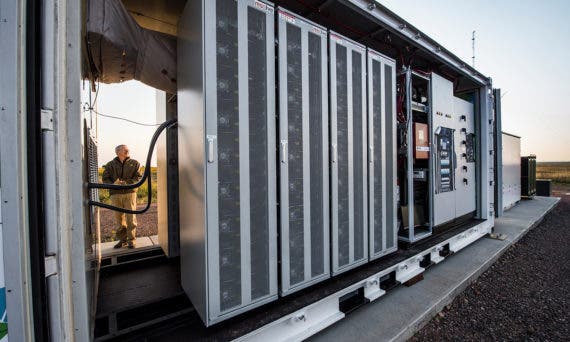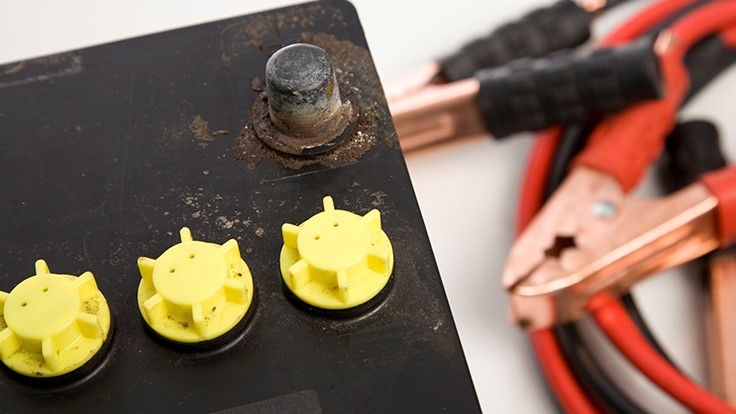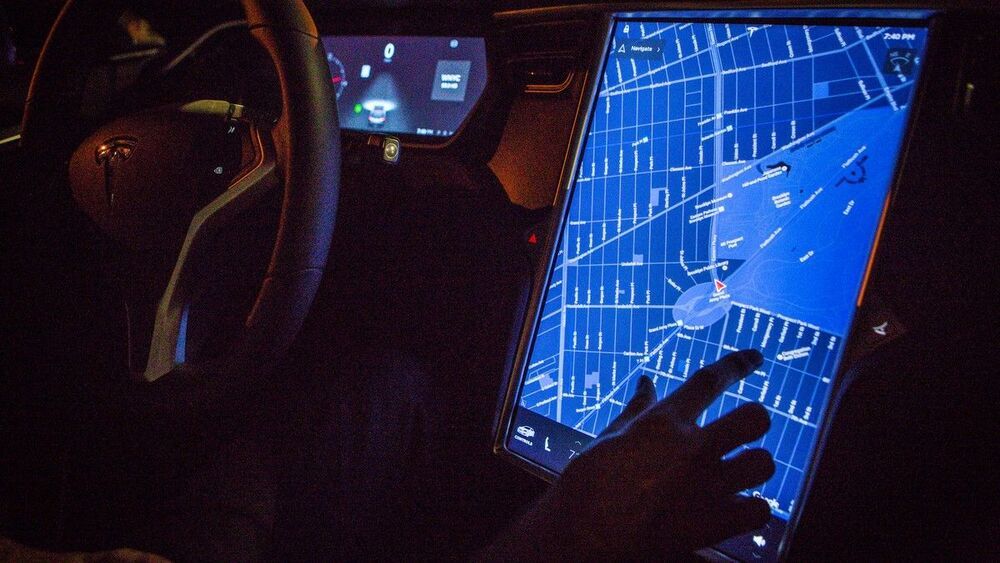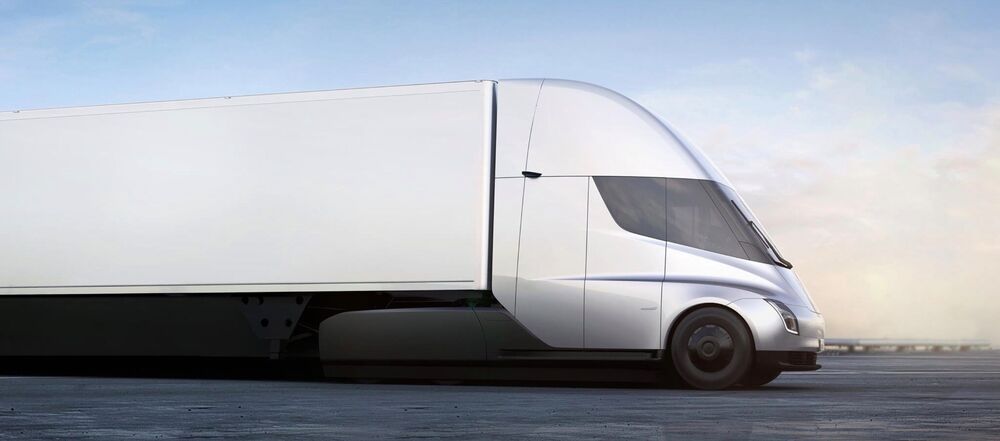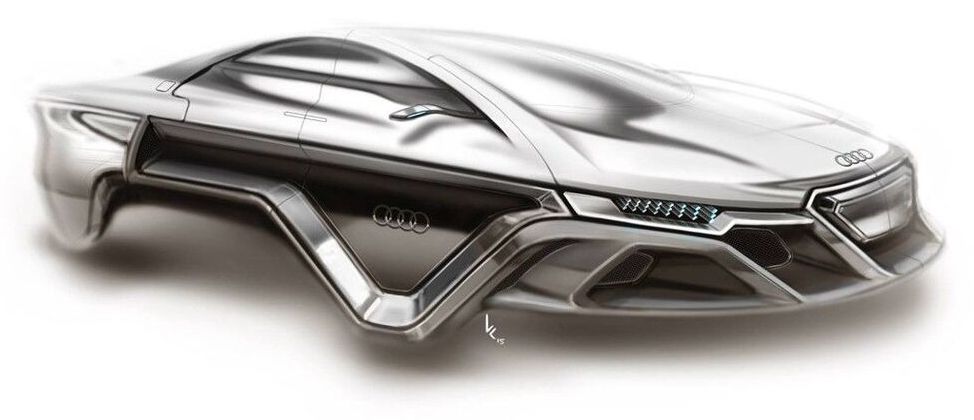Rome wasn’t built in a day, but some of Earth’s finest gemstones were, according to new research from Rice University.
Aquamarine, emerald, garnet, zircon and topaz are but a few of the crystalline minerals found mostly in pegmatites, veinlike formations that commonly contain both large crystals and hard-to-find elements like tantalum and niobium. Another common find is lithium, a vital component of electric car batteries.
“This is one step towards understanding how Earth concentrates lithium in certain places and minerals,” said Rice graduate student Patrick Phelps, co-author of a study published online in Nature Communications. “If we can understand the basics of pegmatite growth rates, it’s one step in the direction of understanding the whole picture of how and where they form.”

